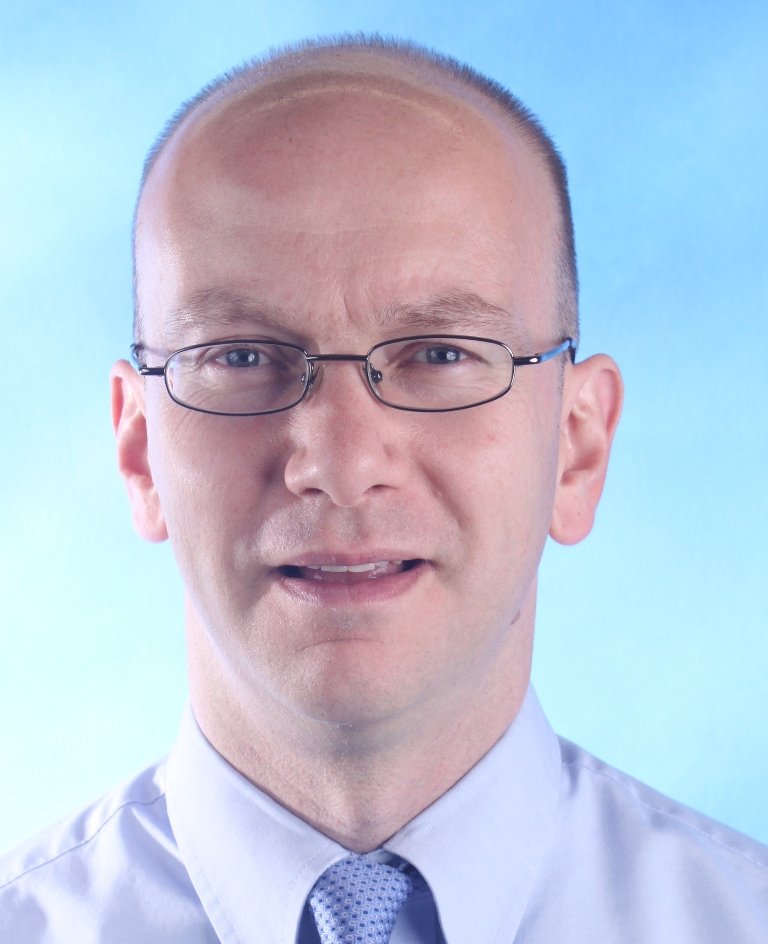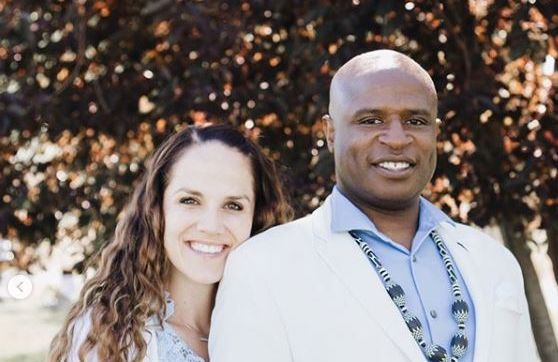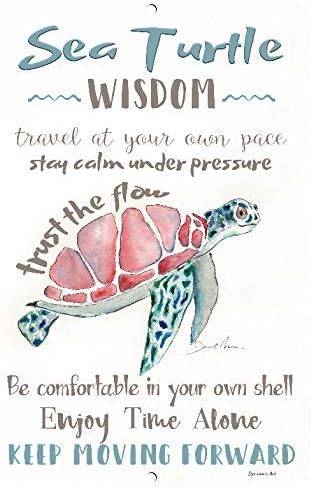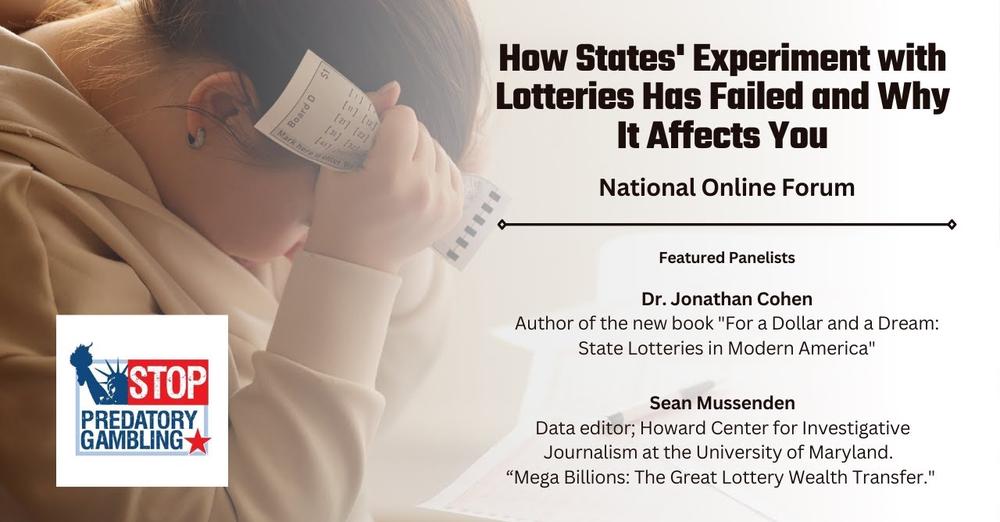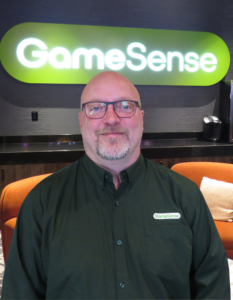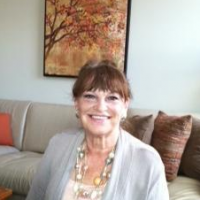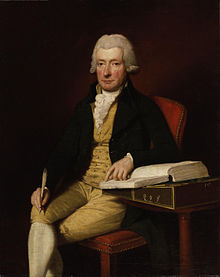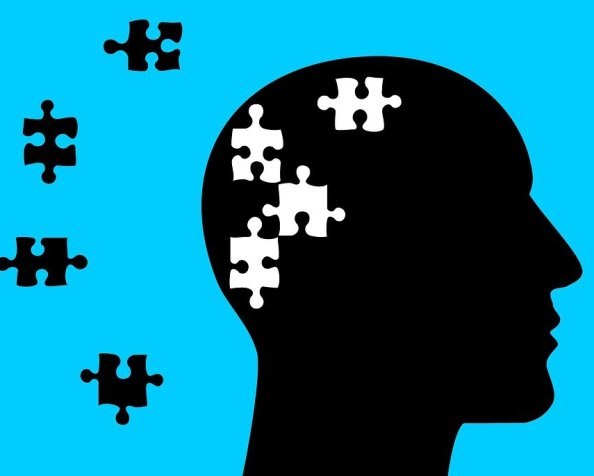
Catherine Townsend-Lyon is an influential writer known for her gripping memoir, “Addicted To Dimes,” and her contributions to the recovery compilation book “Ten The Hard Way: Real Voices of Recovery.” A dynamic speaker, she shares her story through various platforms, including radio shows, podcasts, and speaking engagements. Catherine currently resides in Glendale/Phoenix, Arizona.
** Interview With Catherine Townsend-Lyon – May 2024 Courtesy of All Author **

Can you share a bit about your early childhood and how your love for storytelling began?
I was born an East Coast baby in New Jersey and lived there until my parents moved us to the West Coast of Southern California. I grew up in Highland/Redlands, CA., at seven. As I grew up, I lived and worked in the banking field. At age twenty-five, I moved to Southern Oregon to live a slower lifestyle. As a teenager, I spent time in my room and liked writing, thinking I was writing poems or song lyrics.
Of course, that was all in my head! LOL.
My childhood was a little rough as I continue to be a survivor of trauma and sexual abuse as a little girl. Writing and journaling were one way for me not to think about what had happened to me that became part of the trauma I felt years later.
You have been featured in various media outlets and publications. What impact does such visibility have on the conversation surrounding addiction?
Yes, I contributed to several addiction/recovery publications through the years after my memoir/book, published in the late fall of 2012. I have been a featured guest on many radio and podcast appearances.
It is a powerful way to start the conversation about recovery from gambling addiction and begin to raise more awareness about this growing disease.
I look at it in this way: ANY addiction is a disease, be it gambling, drugs, alcohol, etc., that is only the “preference” of what we choose to partake. Mine happened to be gambling, and I became addicted to it the more I gambled. Doing so also helps to shatter the stigma around addiction and recovery.
How do you maintain your recovery lifestyle, and what advice do you have for others struggling with addiction?
I have maintained my recovery from addicted gambling for about 17 years now. Doing so comes naturally at this point in my recovery journey. Much of my advocacy work is to support others who are first entering recovery, even as I share my advocacy work and blog about my recovery journey, which means doing something every day to support my recovery.
What advice would I give to those who may have a gambling problem? First, acknowledging that gambling is interfering with your life is a big step forward. Know there is help available for you. You don’t need to suffer in silence because you are not alone when it comes to problem gambling. Second, they need to reach out for help. I advise “The National Council on Problem Gambling: Helpline Home – National Council on Problem Gambling …
They offer a 24/7 Hotline at 1-800-GAMBLER, which can provide you with the necessary information in your area or state to get help. Over the years, I have worked with and written articles for them.
Can you share a bit about your journey with gambling addiction and how it led to your advocacy work?
My journey began when I tried to commit suicide in 2002 because my gambling addiction got that “BAD.” Thankfully, GOD had a higher calling and purpose for my life. After my release from the hospital, my husband arranged a 30-day stay in an addiction/behavioral center. Ironically, it was paid for by the Oregon State-sponsored gambling treatment program.

I also began attending recovery group meetings and loads of therapy. I was blessed to have my husband’s support, which was essential and half the battle of becoming “bet-free.” I began to learn why I was gambling in the first place. Learning the underlying issues and roots of why I was using it to “escape and numb out” the pain and hurt of the sexual abuse and trauma I went through as a little girl.
During the worst of my addiction, I was gambling money I didn’t have and gambled away paychecks and rent money, and the financial chaos was never-ending. I was gambling several times a day or would drive 40 miles to an Indian Casino and spend hours and hours there gambling. It was an insane 10 to 14 years of pure hell and insanity with addicted gambling. My gratitude today now comes from my recovery and living a healthy life.
What inspired you to write “Addicted To Dimes” and “Ten The Hard Way: Real Voices of Recovery”?
Again, I was blessed to have the help of an exceptional editor and friend who took my journaling and writings from seven notebooks and formed them into a manuscript for “Addicted to Dimes.” She helped me walk the fine line of making my memoirs not sound like I was blaming others or things around my addiction.
See, “Addicted to Dimes” is NOT a book on “How to Recover,” it is about times in my past that were not dealt with or processed in a healthy way that added fuel to my addiction. It is about learning the underlying issues to begin to heal as I maintain the early stages of my recovery journey.
What do you hope readers take away from your memoir and your contributions to “Ten The Hard Way”?
Our book “Ten The Hard Way” came later. It is an anthology I worked on with my dear friend and fellow author Kevin Coughlin, and it came years later. We invited several of our friends to share their stories of recovery in hopes that it may inspire those who may have any addiction to reach out for help and HOPE. Each person’s story carries many powerful messages.
You’ve been actively involved in raising awareness about gambling addiction. What are some common misconceptions about this issue that you aim to dispel?
First and foremost is to dispel “Stigma.” Stigma is the number one reason many will not reach out for help from gambling addiction, so many continue to suffer in silence with a gambling problem. Some of the facts, statistics, and misconceptions about problem gambling are staggering. Like, 1 in 5 persons may try suicide from addiction to gambling like I had.
Currently, 2.9% of our population are already problem gamblers, and gambling addiction is now the #1 addiction with the highest suicide rate than any other addiction. It is staggering to me, and I aim to help change this statistic by advocating loud and proud.
What challenges did you face while writing about your experiences, and how did you overcome them?
Writing and journaling for over a year in those notebooks helped me to learn and begin to heal from my past trauma. It was a very emotional journey. I shared an earlier answer that it was different from a traditional manuscript. It took me about a year or so of writing and journaling after a few years into my recovery journey.
Thanks to my dear friend Julie Hall, who transformed it into a book manuscript. We worked together as she edited. Then, my friend and fellow author Steve Laible, who does publishing and owns TKG Publishing, pushed me to publish “Addicted to Dimes” as he believed it would help many who may be suffering in silence with problem gambling.
So he published it on my 50th birthday in 2012. It was a great birthday gift and a legacy of all my advocacy work to leave for others.
As a dynamic speaker, what key messages do you try to convey when sharing your story through various platforms?
My main goals and messages are to share hope with others who may be looking to get help for their gambling problem and share that they are not alone. To not let stigma or what others may say that they have a gambling problem. Even though society sees gambling as “fun and a few hours of entertainment,” there are many who can and do not become addicted to it.
What role do you believe storytelling plays in advocacy work, particularly in the realm of addiction and recovery?
I know sharing one’s story of recovery from gambling addiction, or any other addiction, is a powerful way to reach people. Sharing real and raw recovery and personal experiences is just as important as may be the “medical or clinical” side. It needs to be accepted as a genuine mental, emotional, and medical disease and not just as an addiction.
The habits and negative behaviors we learn and use as survival deep in our addiction need to be changed and replaced with healthy ones. Learn to make better and healthier choices when we enter recovery. So, sharing my real personal experiences and the stories of our journey are ways to shatter the stigma.
Could you discuss some of the resources and support systems you recommend for individuals seeking help for gambling addiction?
Again, I would first recommend others with a gambling problem to visit “The National Council on Problem Gambling” and call the 24/7 Hotline to seek help. Another is Gambler’s Anonymous: U.S. Meetings | Gamblers Anonymous for help and group meetings nationally and internationally. One other is my friends at the “Stop Predatory Gambling” website: Home, a non-profit organization working hard on legislation changes in Washington, DC., on many topics related to problem gambling.
How do you balance the vulnerability of sharing personal experiences with the responsibility of advocating for change and raising awareness?
At this point in my recovery and where I am in my life, I have no vulnerabilities in sharing where I have been with an addicted gambling problem. Part of recovery is knowing “we are not defined by our past” and making peace with it. We learn to take all accountability and ownership of the past.
In doing so, we can move forward in our life journey while being better stewards by helping and caring for others along the way.
What motivates you to continue your advocacy work, even after maintaining your recovery for over 17 years?
What motivates me and is my passion is helping others avoid the cunning and devastating effects of addictive gambling. I look forward to living in the “NOW” and am always excited about the future. However, I will continue to advocate for and mentor those who reach out to me for help and hope. One of the first steps I took when beginning my recovery was coming to terms with the fact that it would be a lifelong process. I am okay with that.
My advocacy work has opened many doors in other areas of my life, including my career and business as a self-employed book marketing consultant.
Another passion from the blessings of my recovery is helping authors learn how to market and promote their new books. I have been doing so for over 11 years and love it! It started when some recovery friends and supporters asked for help marketing their recovery books. I did so, as it came naturally to me. So, I built and began my “at-home business” of Lyon Literary Marketing and Consulting.
How long have you been associated with AllAuthor?
I was lucky to learn about All Author in 2018 and become a pro member. I was so impressed with all the tools and the pricing for becoming a Pro Author that I began sharing my incredible experiences using your services. Your services do help teach authors how to promote their new books.
How has your experience been?
Being a pro member gives you access to all the exceptional services and helps you save money on outsourcing those tasks elsewhere. The utility tools, automated tweets, and book teaser banners are just a few of the many features that can help authors streamline their work and promote their books effectively. I now incorporate your services as a recommended must-have for the authors I work with!
############
(Photos: Speaking at The State Capitol of Arizona for a Recover Out Loud Event in April 2019, 2021 Podcast Interview on Knockin’ Doorz Down!)



Let’s Connect on Social Media!
Facebook, Twitter, Instagram, Goodreads, Amazon, Pinterest, Linkedin,




















